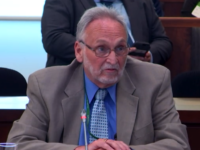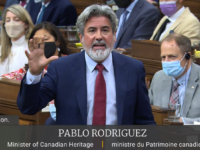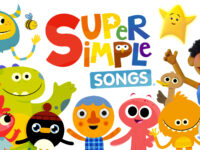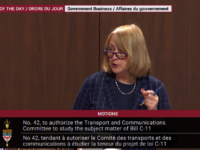The Online Streaming Act hearings at the Canadian Heritage committee continued yesterday with testimony from several notable witnesses, including CRTC Chair Ian Scott. Scott had appeared before the committee several weeks earlier, confirming that Bill C-11 contains a provision that captures user content regulation, acknowledging that “as constructed, there is a provision that would allow us to do it as required.” That statement would not ordinarily be controversial since the inclusion of user content has been readily apparent since the bill was introduced. I’ve argued that Heritage Minister Pablo Rodriguez has engaged in systematic gaslighting with his insistence that user content is not in the bill. My post on the issue walks through the proposed legislation, noting the “CRTC is empowered to create regulations applicable to user content uploaded to social media services as programs” and focusing specifically on the discoverability rules and their implications.
Scott’s appearance was presumably designed to walk back or soften his earlier statement on user content regulation in the bill. And while he was at pains to suggest that the CRTC faced strict limits in its regulatory power, he once again acknowledged the reality:











